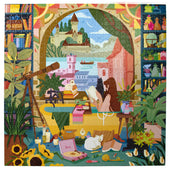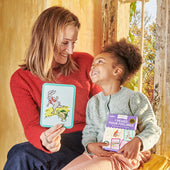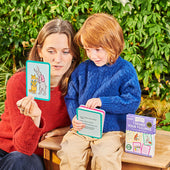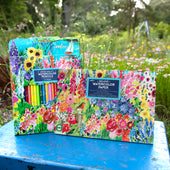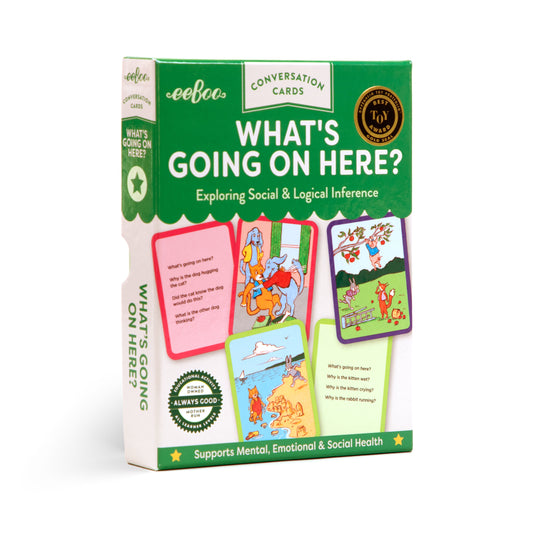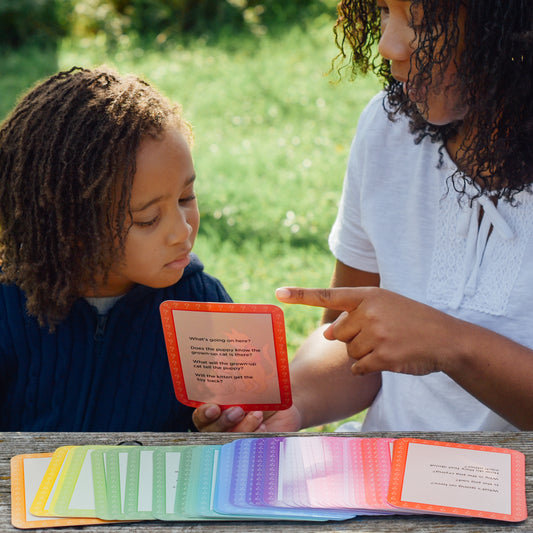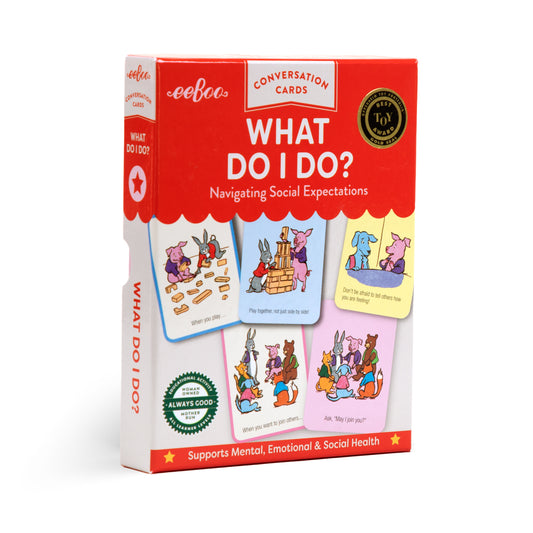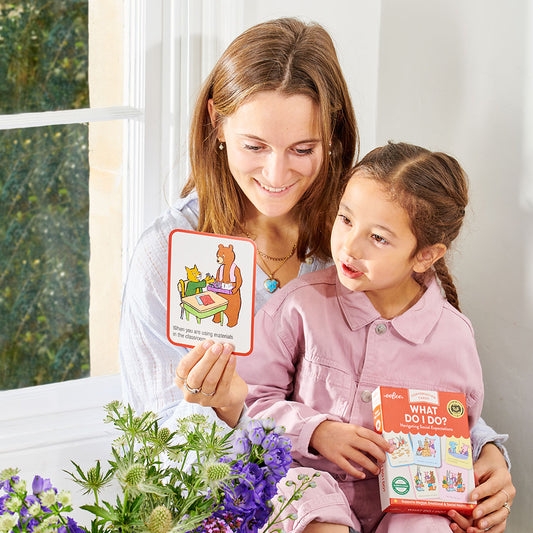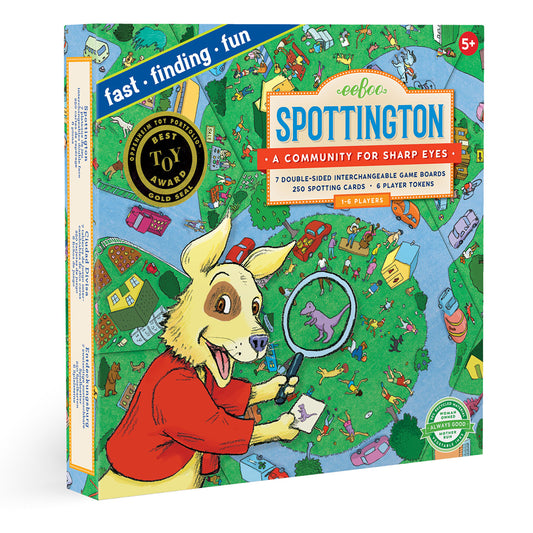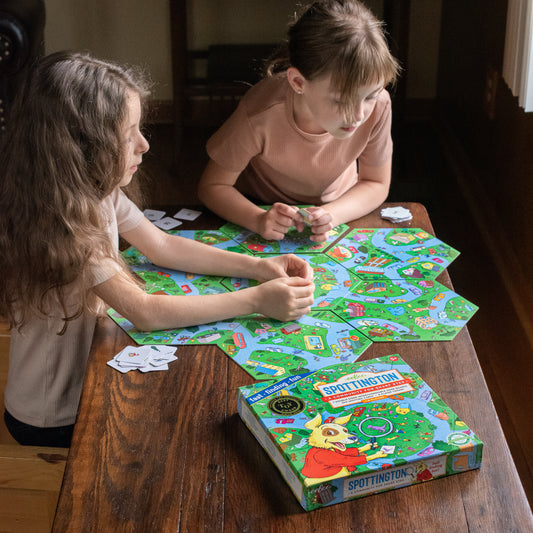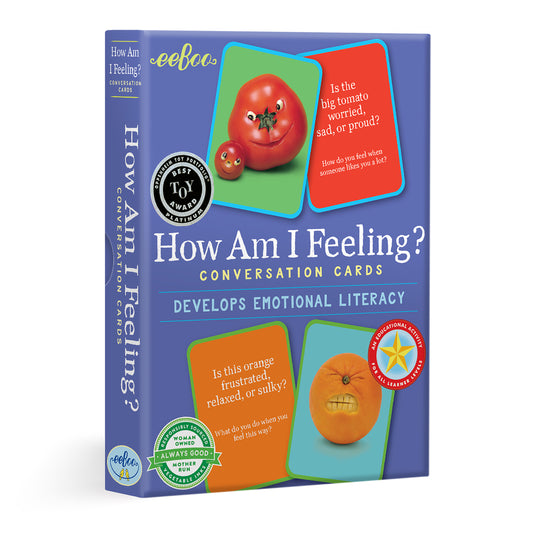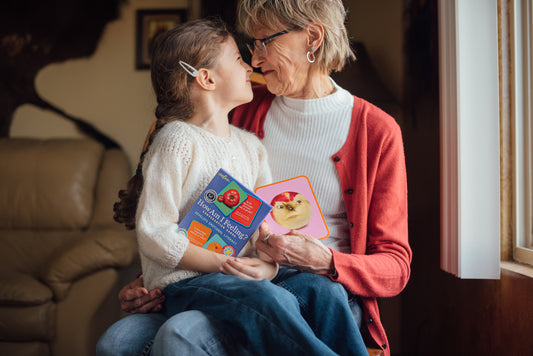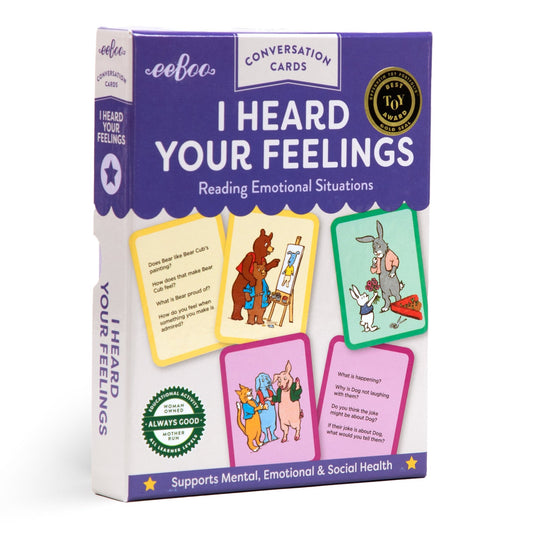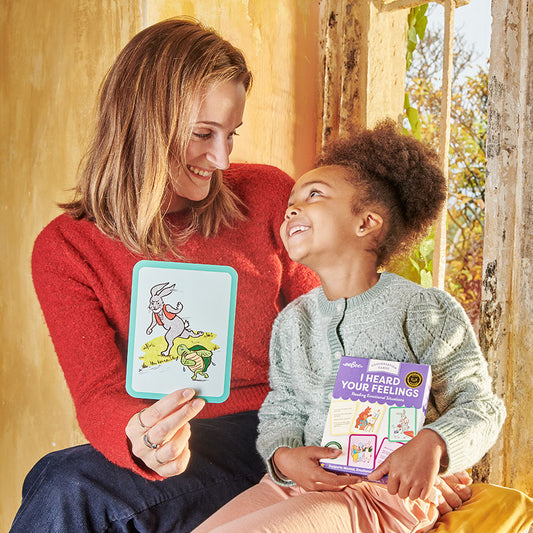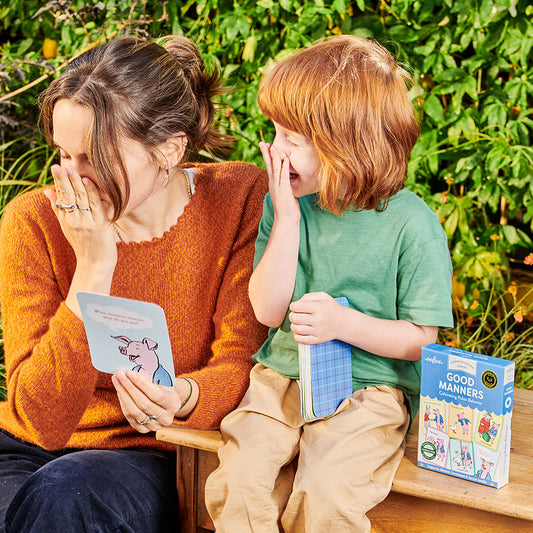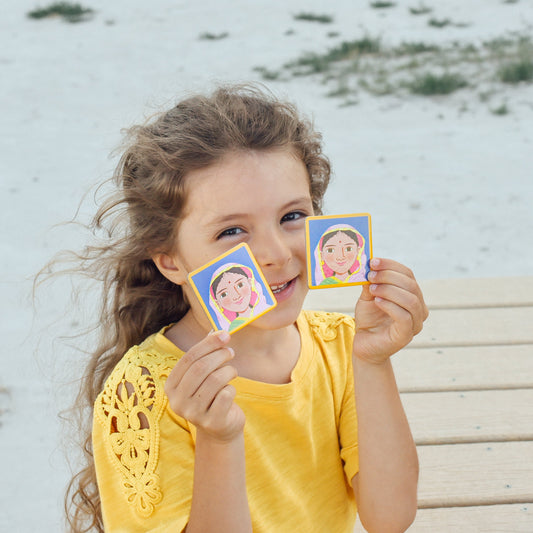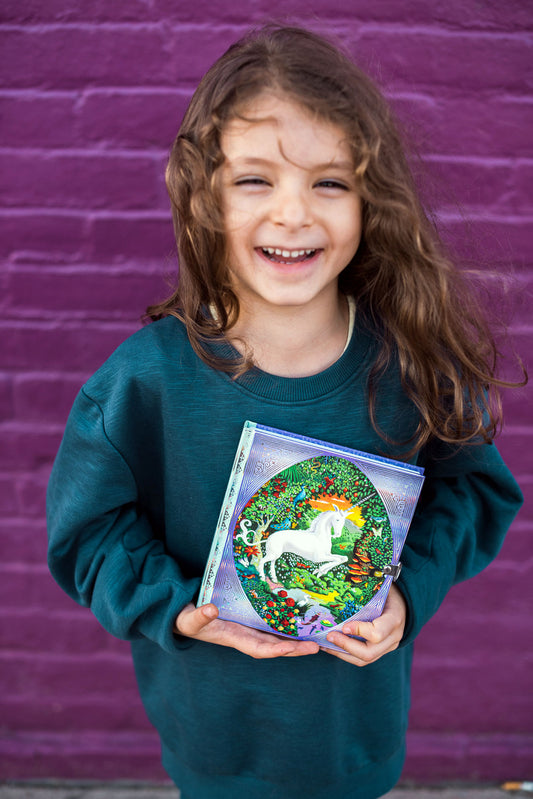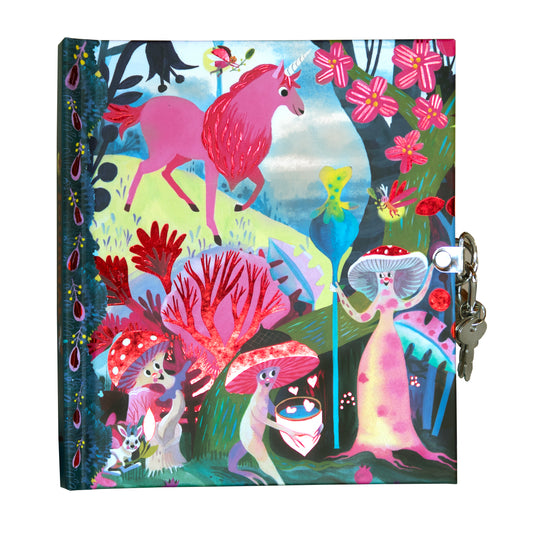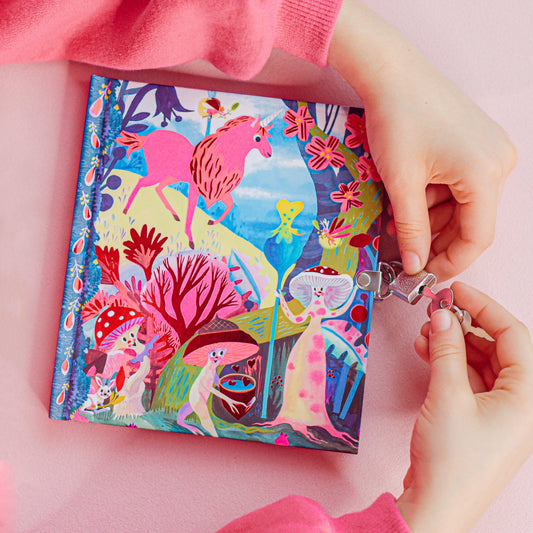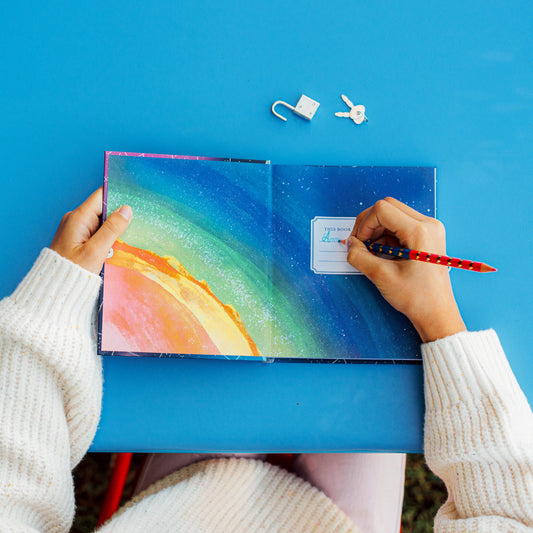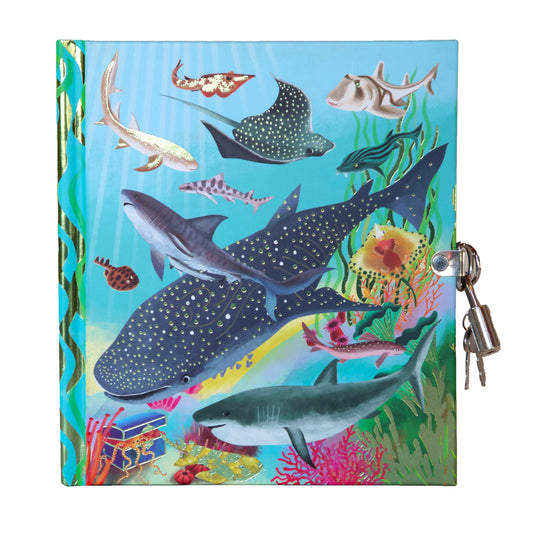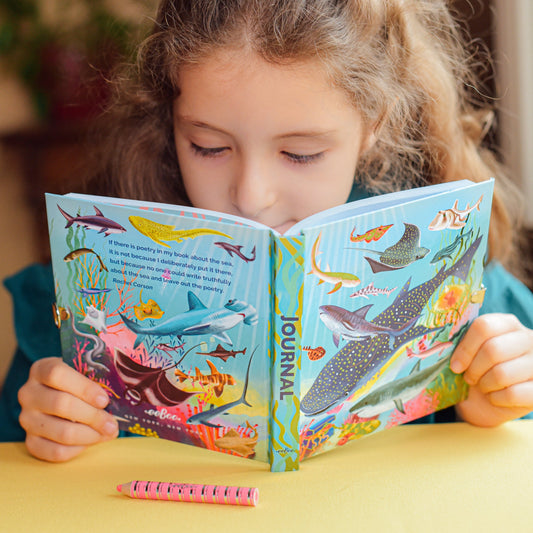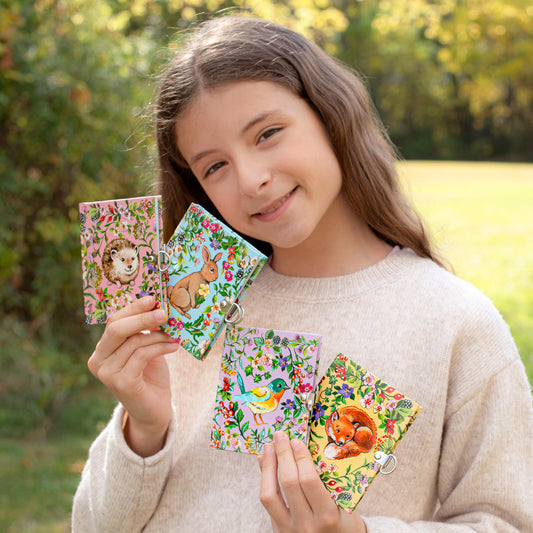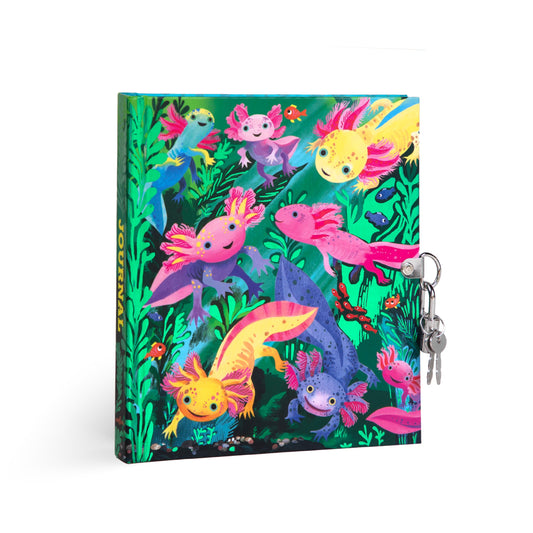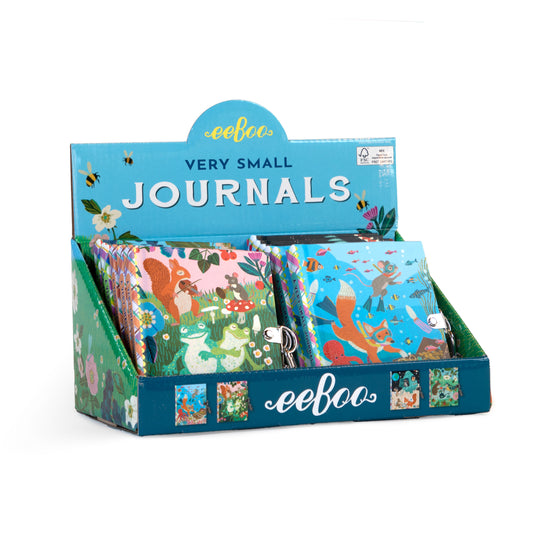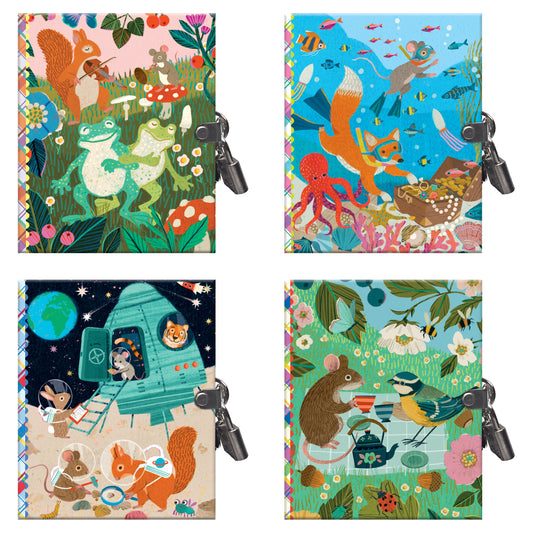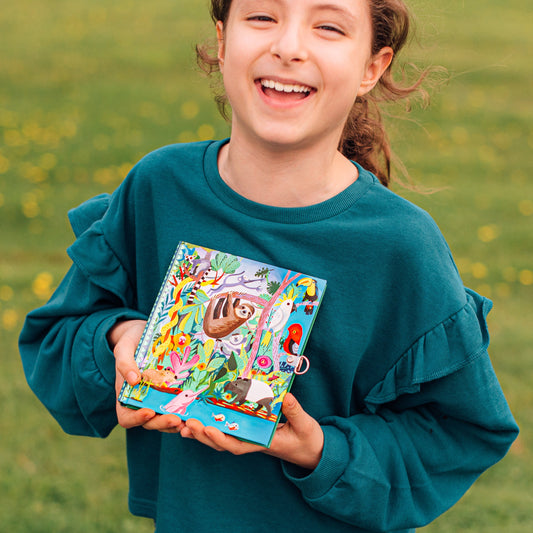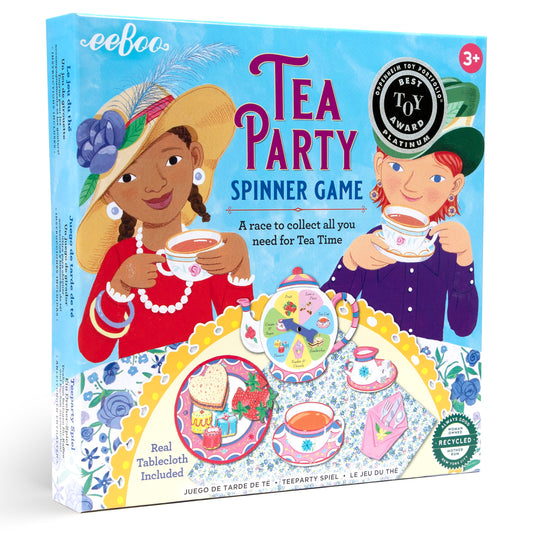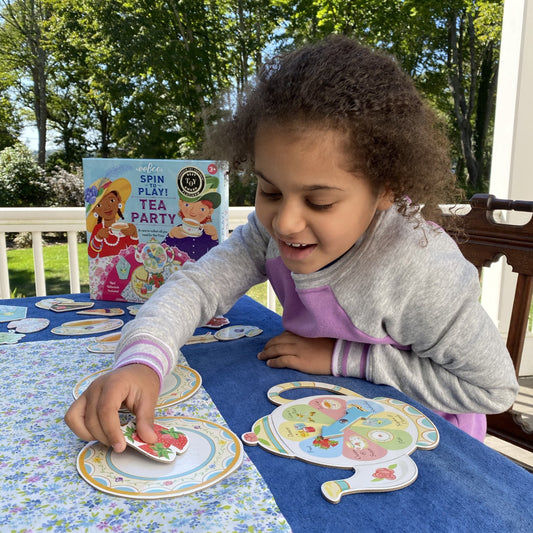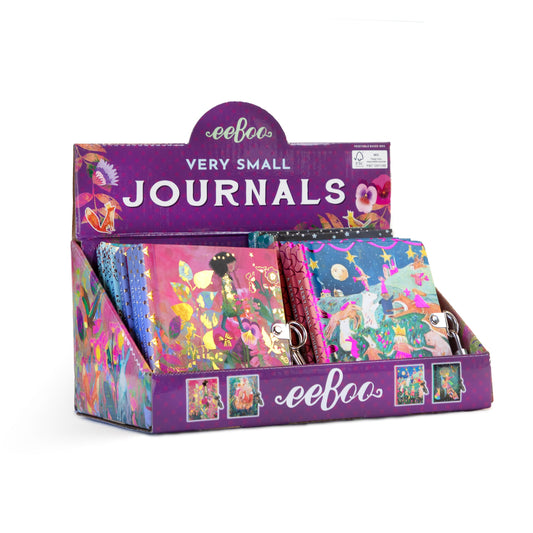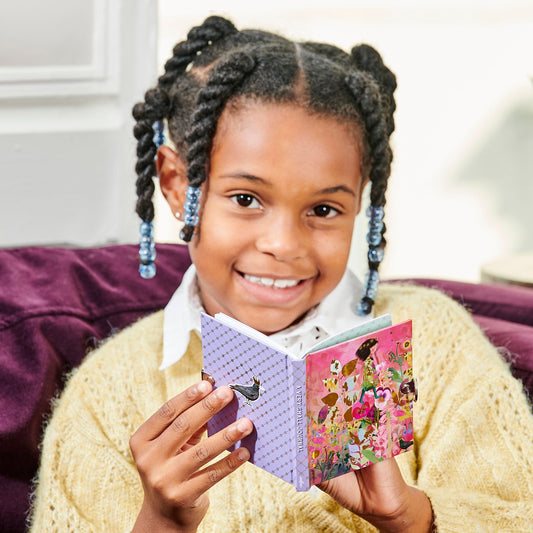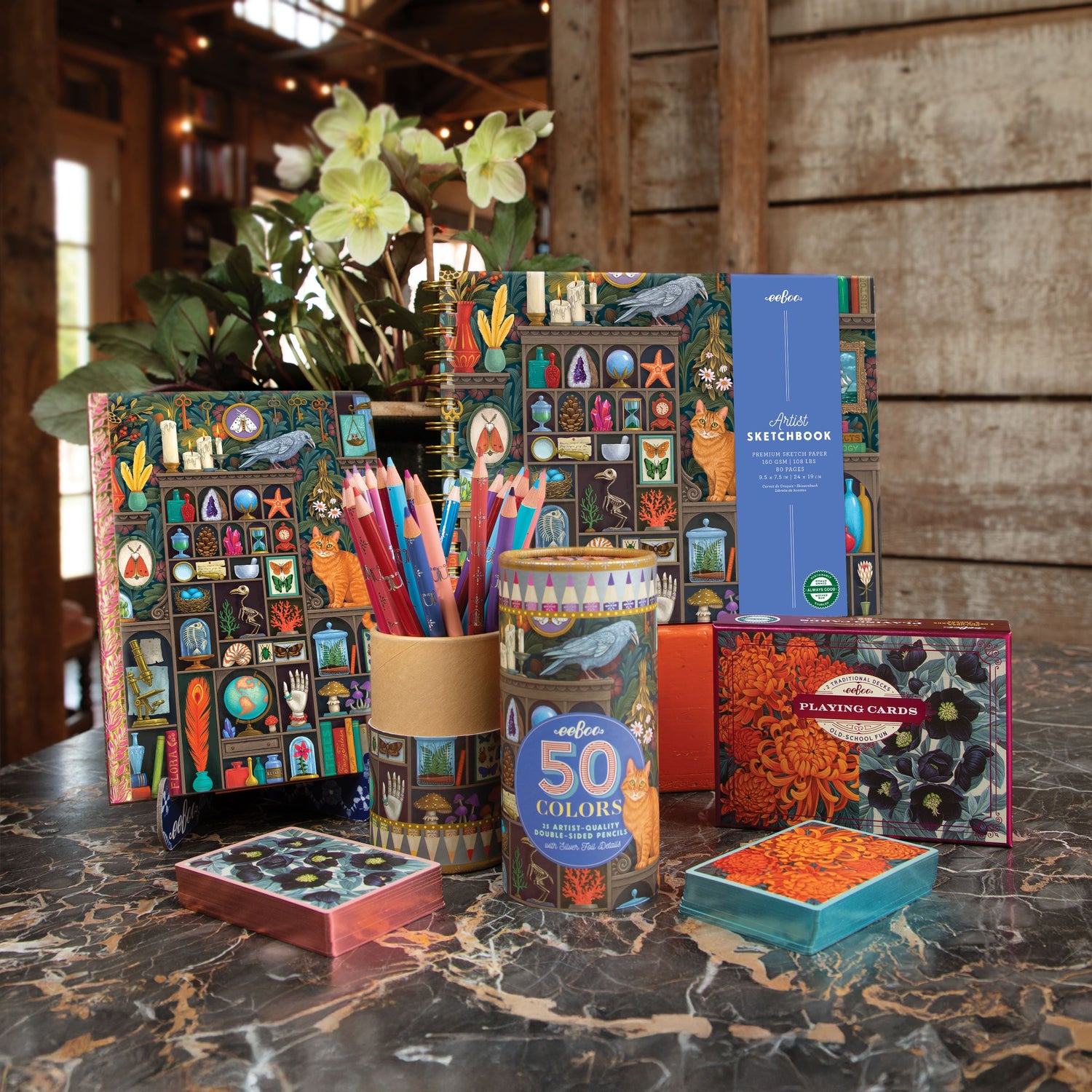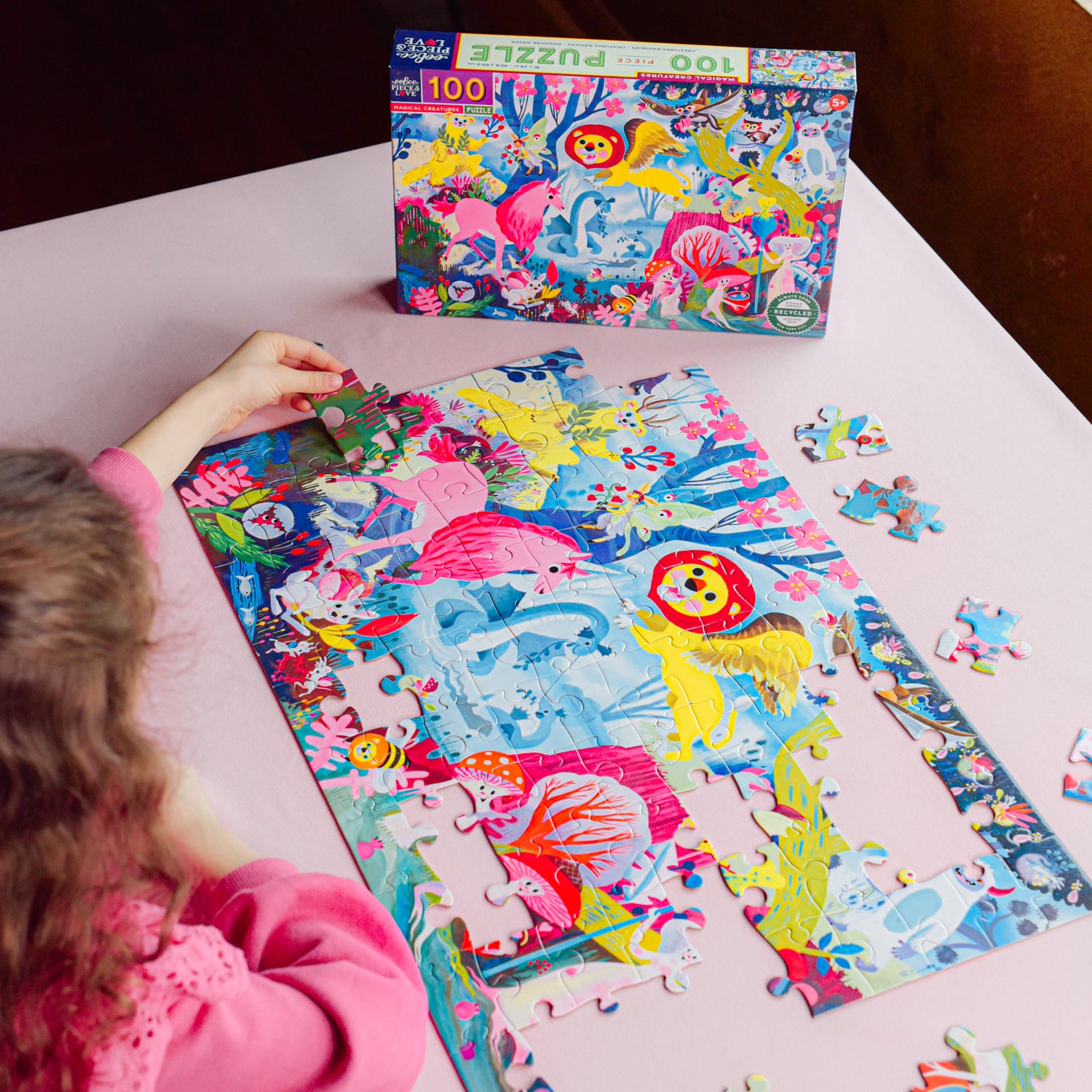As parents and educators, we are not just shaping the minds of our little ones; we are also nurturing their hearts. Social-emotional literacy in 5-year-olds plays a crucial role in their overall development, setting the foundation for healthy relationships, self-awareness, and lifelong well-being. Let's explore the importance of social-emotional literacy and discover simple yet effective ways to cultivate these skills in our young learners.
Understanding Social-Emotional Literacy for 5-Year-Olds
1. Emotional Vocabulary Building
At the age of 5, children are beginning to understand and express a wide range of emotions. Encourage them to label their feelings, whether it's happiness, frustration, or excitement. By expanding their emotional vocabulary, you help them articulate their emotions, fostering self-awareness and effective communication.
2. Empathy through Play
Play is a child's language, and it's a powerful tool for teaching empathy. Encourage activities that involve sharing, taking turns, and understanding the feelings of others. Dolls, stuffed animals, or role-playing scenarios can provide a safe space for them to explore and express empathy.Explore eeBoo's vast Pretend Play options.
3. Building Healthy Relationships
Social-emotional literacy is about building positive connections with others. Teach 5-year-olds the basics of cooperation, kindness, and respect. Help them understand the impact of their actions on friends and family, emphasizing the joy of shared experiences and the importance of treating others the way they want to be treated.Practical Strategies for Fostering Social-Emotional Literacy
1. Storytelling and Reflection
Share age-appropriate stories that highlight emotions, friendships, and problem-solving. After reading, engage in reflective discussions. Ask questions like, "How do you think the character felt?" or "What would you do in that situation?" This encourages children to consider others' perspectives and navigate social scenarios.eeBoo's Conversation Cards present a multitude of scenarios for children and adults to explore and discuss.
2. Mindfulness and Relaxation Techniques
Introduce simple mindfulness and relaxation exercises tailored for young minds. Practices such as deep breathing or guided imagery can help 5-year-olds manage their emotions, develop self-regulation skills, and create a sense of calm in various situations.
eeBoo's Centering Cards are an easy, fun way to incorporate these practices into your daily routine.
3. Celebrating Individuality
Emphasize the uniqueness of each child. Create activities that celebrate their strengths and differences, fostering a positive self-image. By instilling a sense of pride in their individuality, you contribute to building a strong foundation for self-esteem and confidence.Nurturing social-emotional literacy in 5-year-olds is a gift that lasts a lifetime. Through intentional activities, conversations, and play, we can equip our little ones with the emotional intelligence needed to navigate the complexities of relationships and build a strong foundation for future social success. As we guide them on this journey, let's remember that in shaping their hearts, we are shaping the future of compassionate, resilient, and emotionally intelligent individuals.


